Previously on Drokk!: Let’s all embrace the fact that we’re finally past the last Garth Ennis material we’ll be reading on this series of podcasts, and instead into a brand new era of Dredd, where things seem to be… working out quite well, actually, with John Wagner sharing writing duties alongside the new guard of Robbie Morrison and Gordon Rennie, as well as the return of the old guard of Alan Grant. I wonder how that’s going to work out this time around…
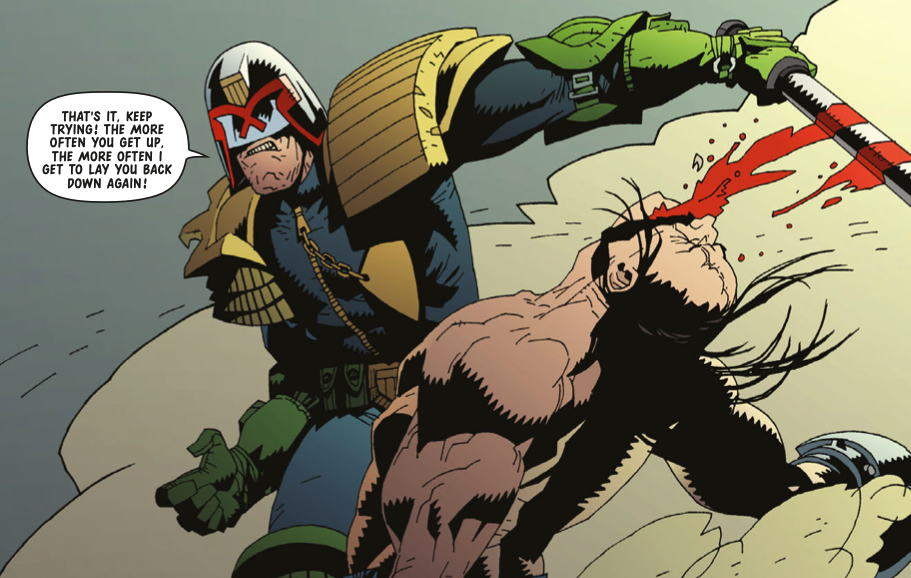
0:00:00-0:01:58: With great speed, we get into the fact that we’re covering Judge Dredd: The Complete Case Files Vol. 35, featuring material from 2002’s 2000 AD Progs 1276 through 1301, and Judge Dredd Megazine Vols. 4 #7 through 13, by a lot of different creators, including Alan Grant, which brings us to…
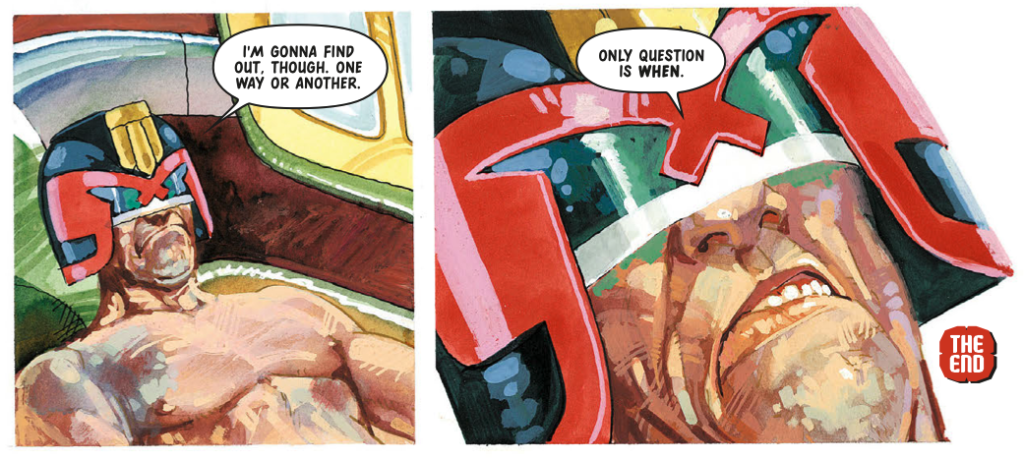
0:01:59-0:09:06: How bad are Alan Grant’s stories in this volume? Enough to get me starting the episode by complaining about his first two entries in the book, although my particular complaint that he’s trying to get some recurring threats going is deflected by Jeff pointing out quite appropriately that Gordon Rennie also seems to be trying something similar in his first story in the book. Could this be an editorially-led decision, and if so, are we properly entering the era of so-called “modern Dredd”?
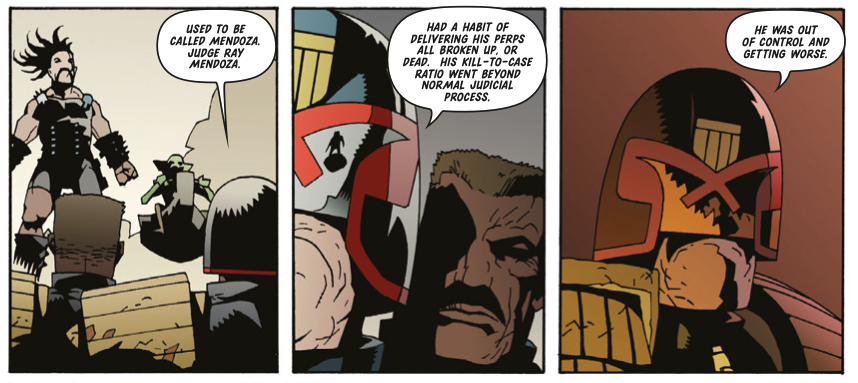
0:09:07-0:17:40: In true Wait, What? fashion, we get derailed from our conversation about Judge Dredd to talk about two entirely different 2000 AD moments: first, the 1980s “behind the scenes” strips featuring fictional editor Tharg the Mighty and the relatively fictionalized “creator droids,” which are truly wonderful and deserve to be reprinted as soon as possible, and secondly, the early 1990s reboot of Rogue Trooper, and in particular, the Michael Fleisher-written, Ron Smith-drawn episodes that followed immediately after Dave Gibbons and Will Simpson rebooted the concept. Mistakes were made, and I’m not referred to me for bringing it up in the first place. (Seriously, though, why would editors go for Ron Smith?)

0:17:41-0:43:00: Jeff asks what I thought of the book, so I tell him. Thankfully, we both liked it a lot, and we start going through some of the reasons why, including John Wagner’s unexpectedly nostalgic run of three stories in the middle of the book, starting with “Leaving Rowdy,” a genuine pleasure with some great Carlos Ezquerra art. We talk about Ezquerra, and also about how we feel about Rico, Dredd’s recently-introduced younger clone — how does he compare to Kraken, and what does that say about Dredd himself, as well as where John Wagner’s mind is at when writing these stories, versus when he was leading up to Necropolis? Also! Jeff isn’t down with Dredd’s guilt over the death of Judge Lopez back during The Judge Child Quest, but is it because he also hates men with mustaches?
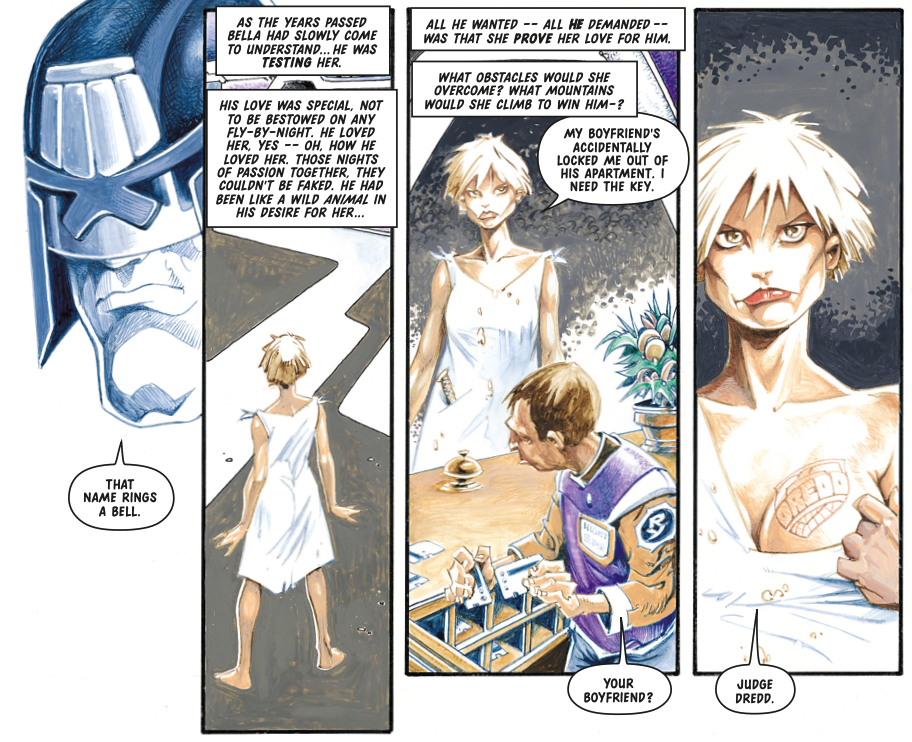
0:43:01-1:09:34: We work our way through much of the rest of the book in order, unusually, touching on such topics as: Ian Gibson, cheesecake artist or pervert? What is the correct way to draw a zipper on someone’s head? Why are some of these stories longer than they should be? Is Paul Marshall just too dull to make the most of “Escape from Atlantis”? What’s with the Don King reference that just doesn’t pay off, and did Alan Grant get Don King mixed up with Stan Lee somehow? Jeff’s pinball obsession finally pays off! And, of course, the all-important question of, “what subject is just too mean for Judge Dredd, at least according to Graeme and Jeff?” The answer to that last one may genuinely surprise you; to be honest, I think it surprised us as we were discussing it.
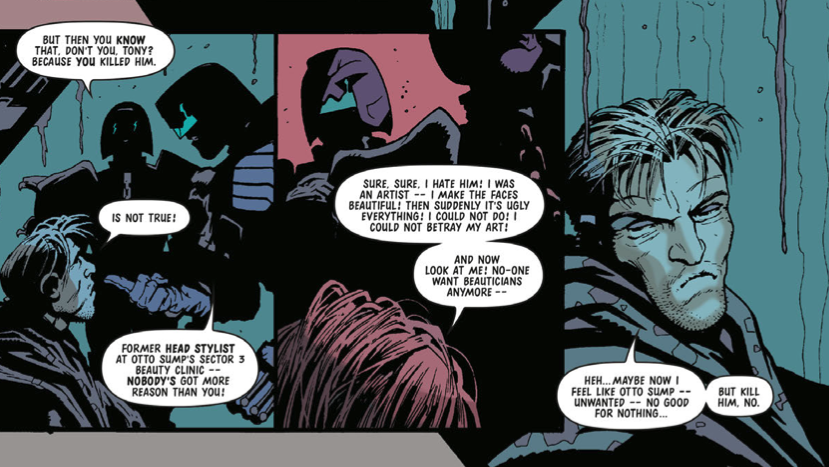
1:09:35-1:20:44: All of the last near half-hour leads us to a good place, though, as we get to talk about “Citizen Sump,” the highlight of the entire volume and the best Dredd story we’ve seen in a long time. How good is it? Well, Jeff suggests that he prefers it to Citizen Kane, the obvious (and clear) inspiration for the story, but he’s got good reason to: John Wagner delivers a blinder of a story with an absolutely heartbreaking climax, while John Higgins’ artwork channels Will Eisner’s The Spirit and film noir in ways that go beyond the cliches. It’s just really, really good stuff.
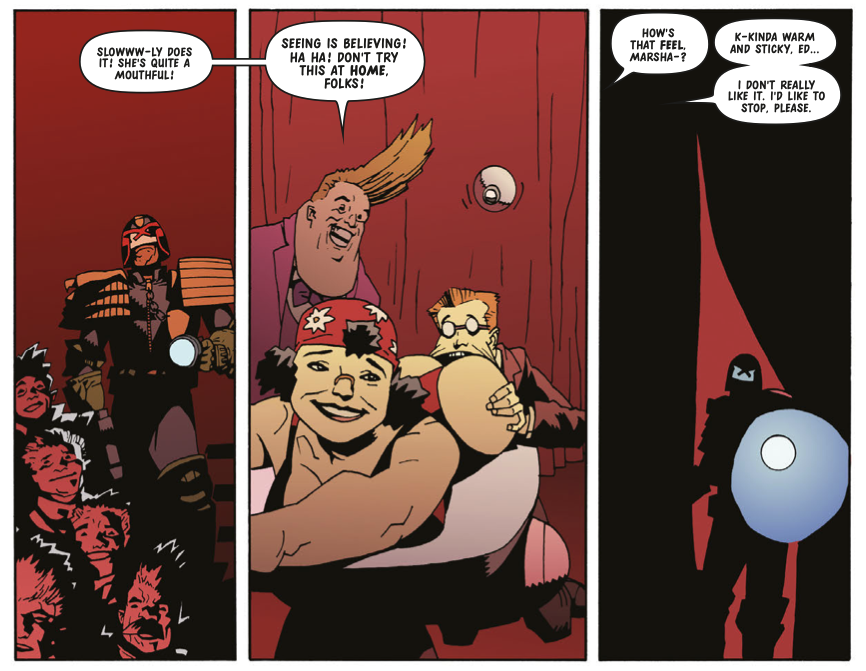
1:20:45-1:46:27: As I put it, from the sublime to the ridiculous, as we end by talking about “Sin City,” the longest story in the volume and the one that Jeff has arguably the most problems with. But is much of what he’s struggling with a bug or a feature? It depends on how willing you are to give John Wagner credit for thematic elements that might be entirely accidental, in practice. (Is he ripping off earlier stories to comment on Las Vegas recycling cultural landmarks? Or is he just ripping off old stories?) We also talk about Kev Walker’s art without my actually getting around to defending it — I really like his art here, I just didn’t say as such on the recording — and there’s a brief mention about the strange case of future echoing that happens here, too.

1:46:28-1:51:19: We’re beginning to close things up, so we talk about our favorite stories in the book — “Citizen Sump” for both of us — our favorite non-Wagner story (both of us plump for “Necrophage,” in which Gordon Rennie’s story is helped significantly by John Burns’ art), and our least favorite stories in the book, too. (Jeff putting “Block Court” on that list is still troubling to me.) In case you can’t tell by now, we also both plump for the Drokk side of Drokk or Dross, as well.

1:51:20-end: The end is near, which means it’s time to finally, properly promise that Dredd/Aliens crossover in the next episode — it’s in Case Files Vol. 36, even though I was convinced it came earlier — before we talk Twitter, Patreon, and I turn out to be entirely correct in suggesting that these show notes were going to be late on Monday. It’s been quite a day, that’s all I can say…! As always, thank you for reading and listening. We’ll be back in a month with some xenomorph action…
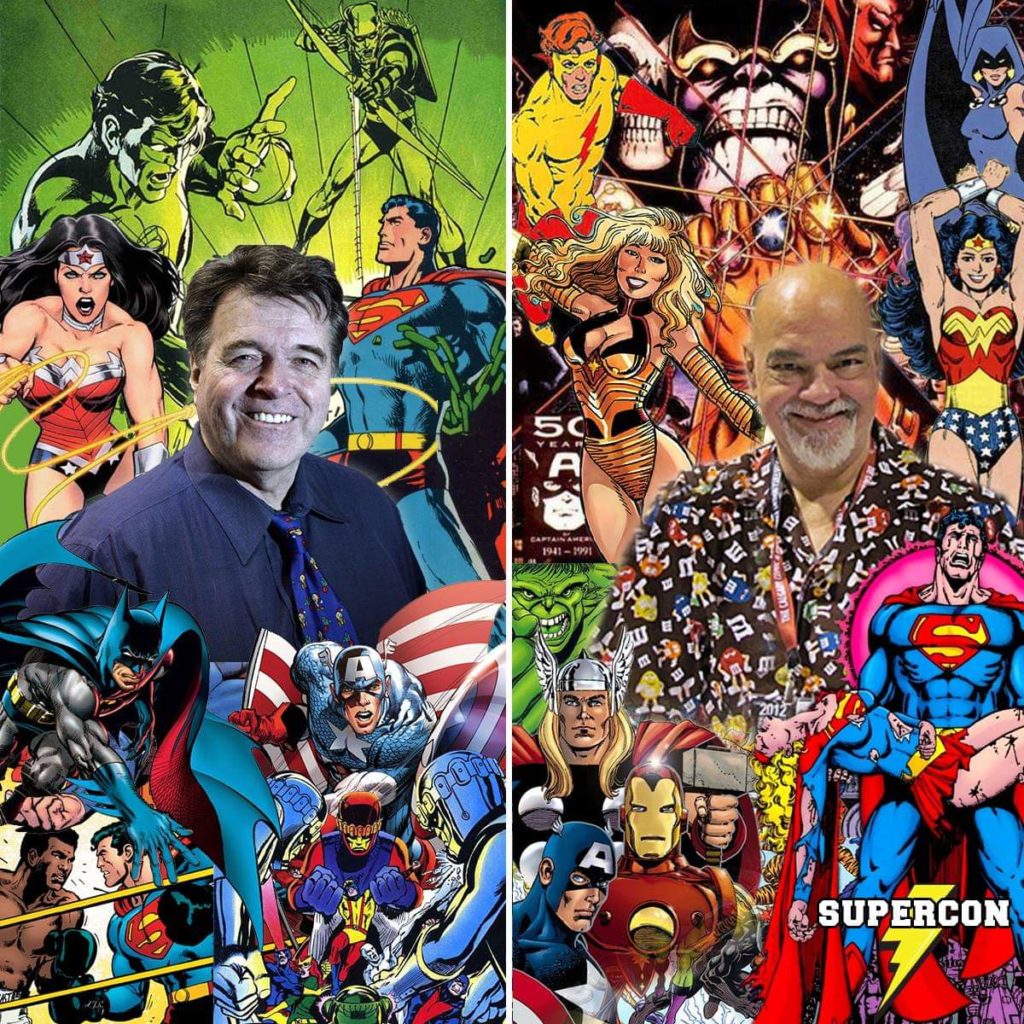
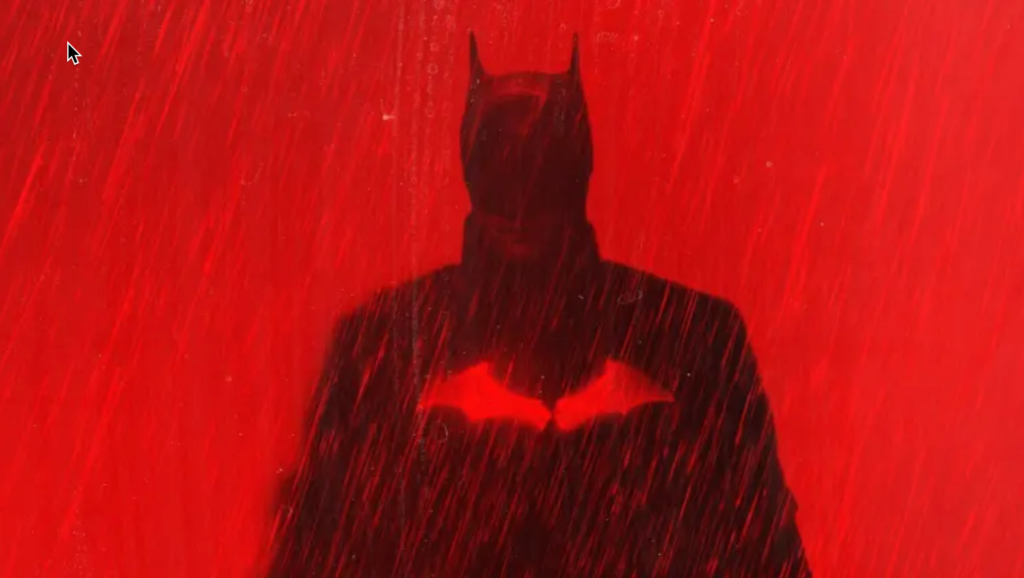
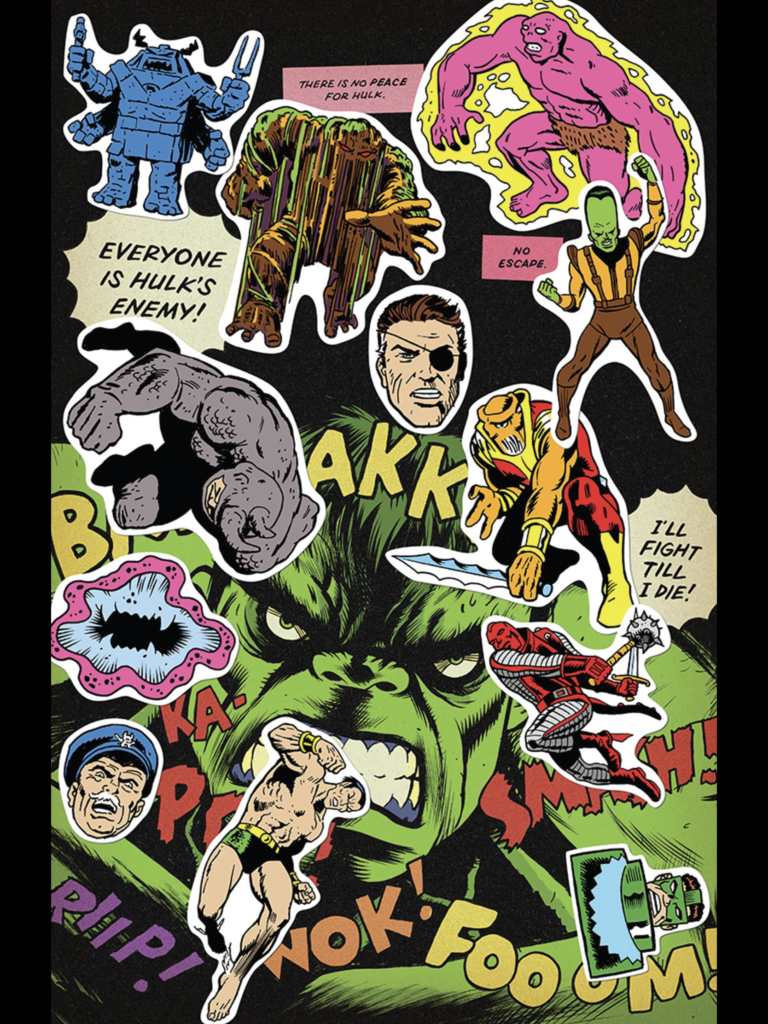
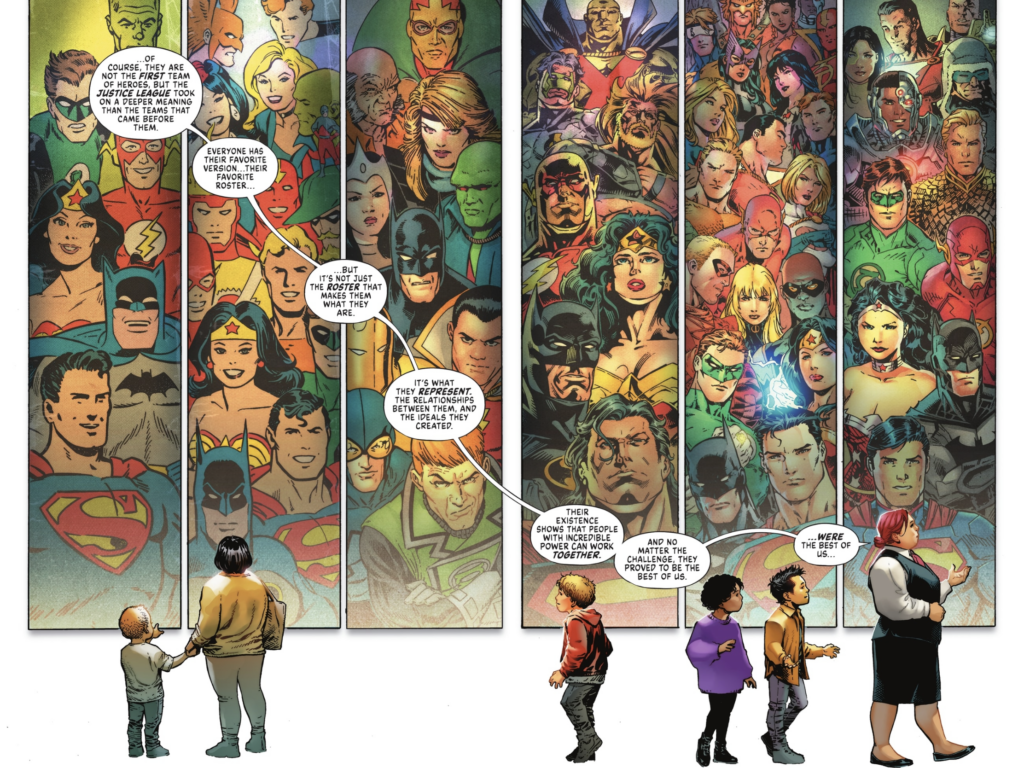

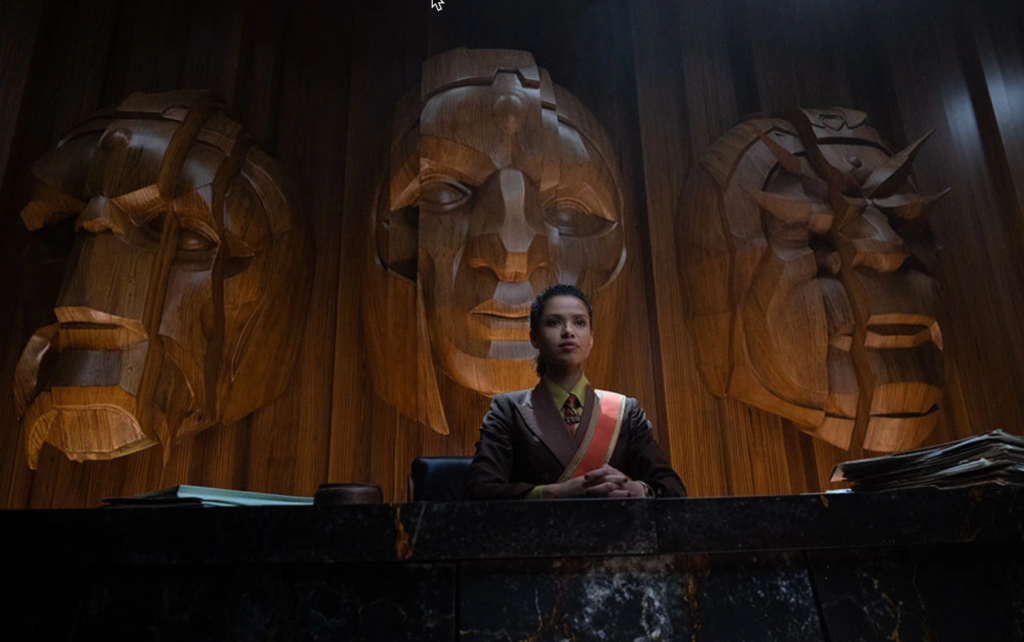
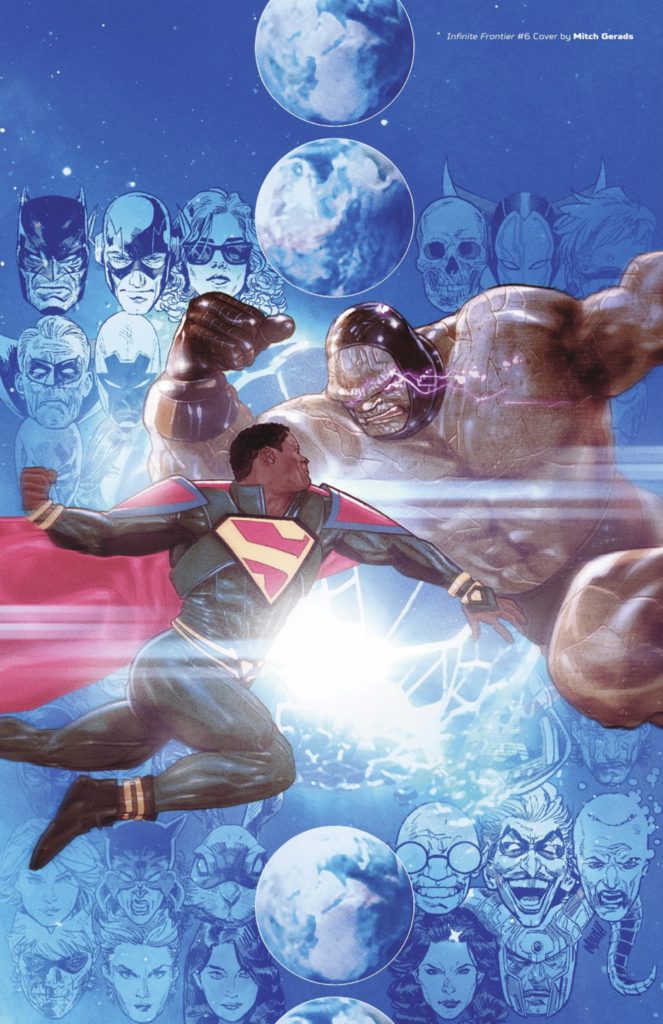
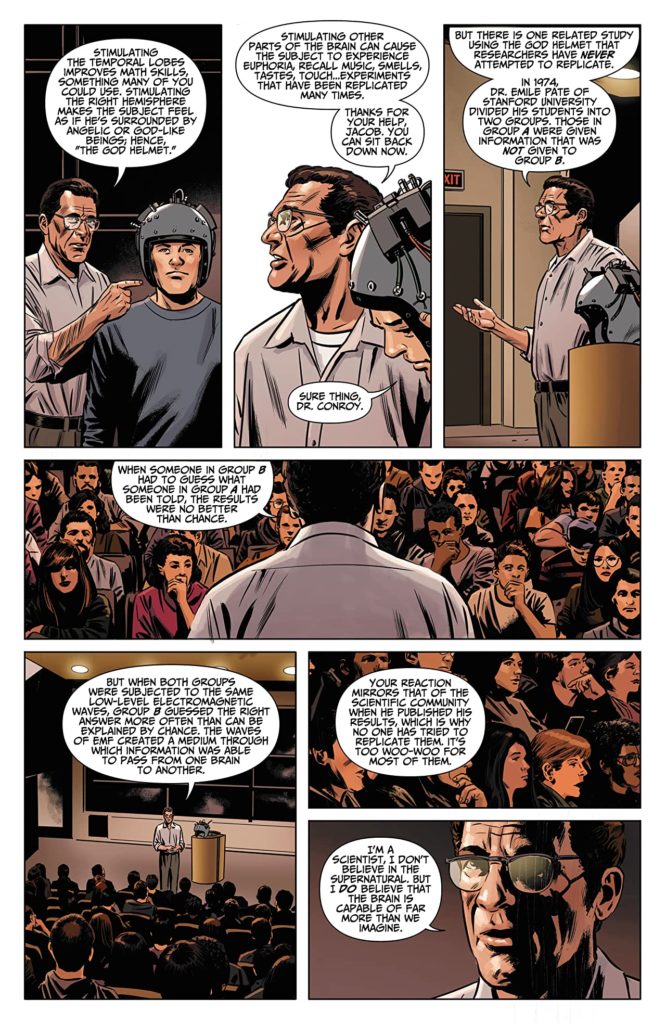
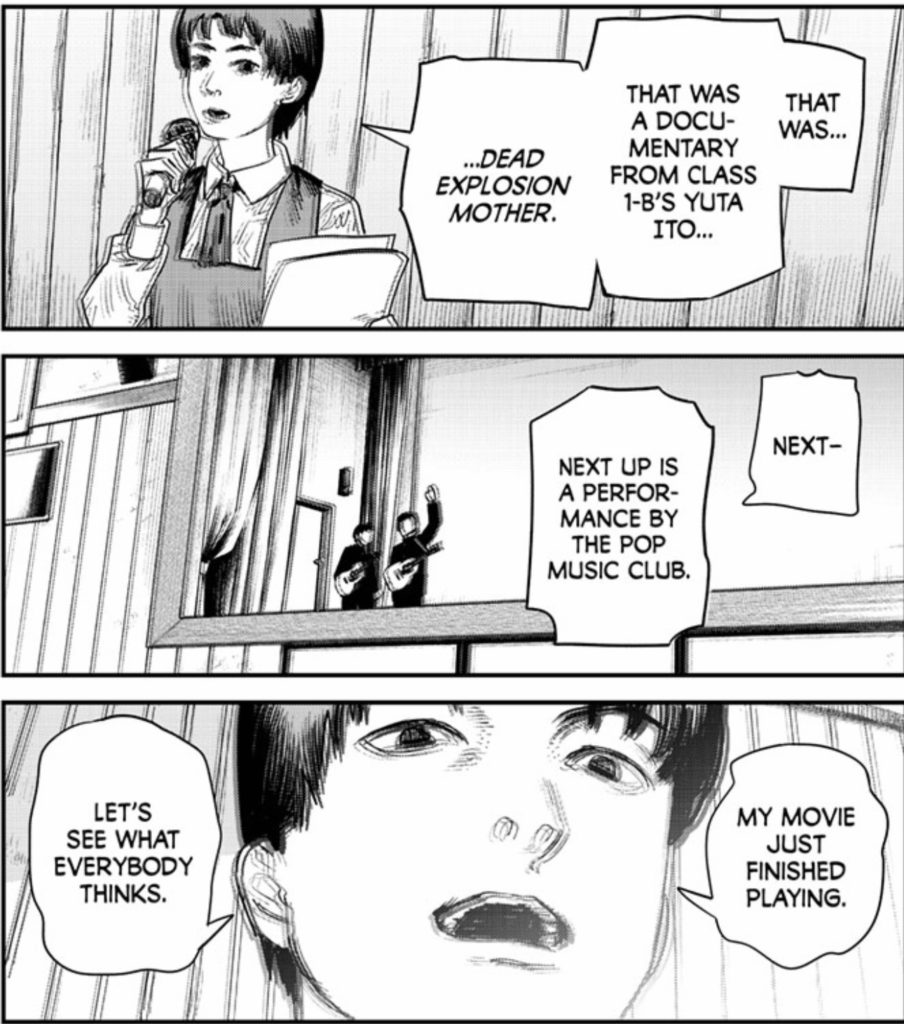
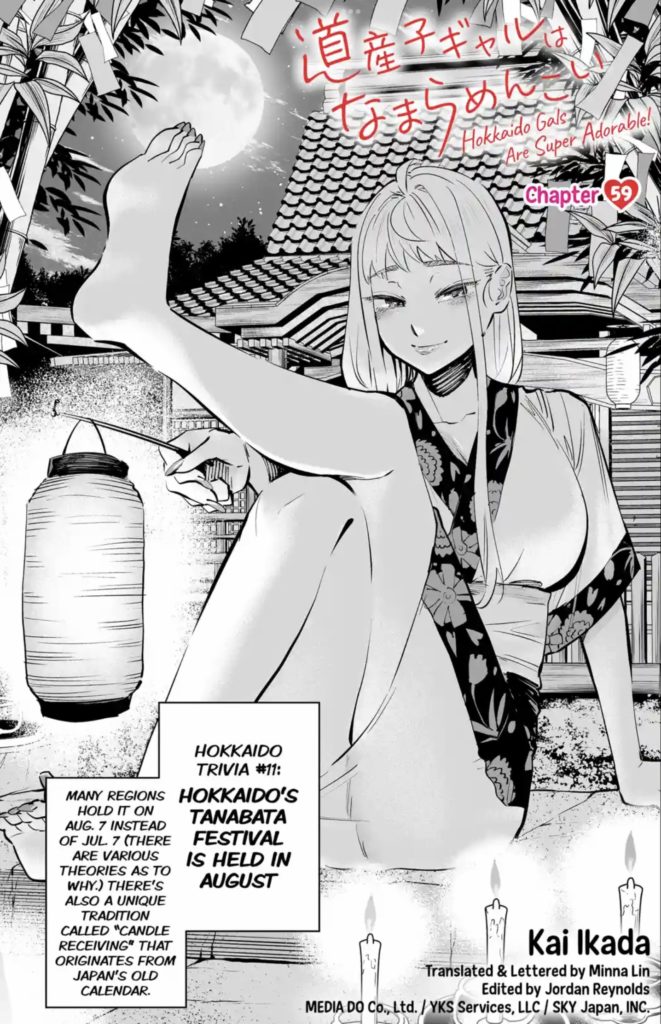
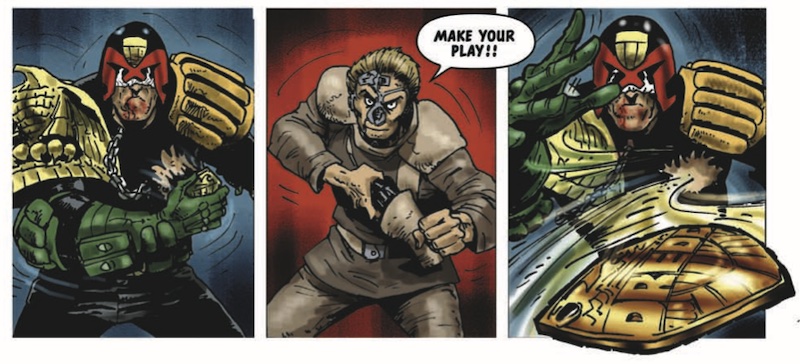
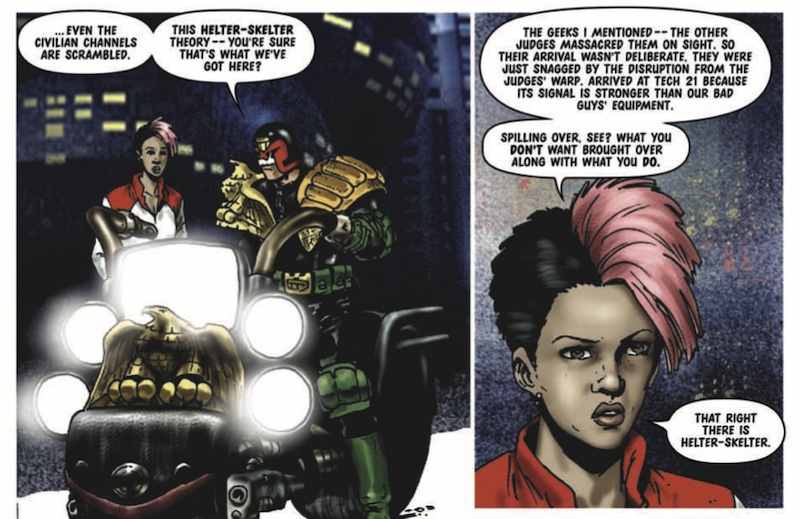
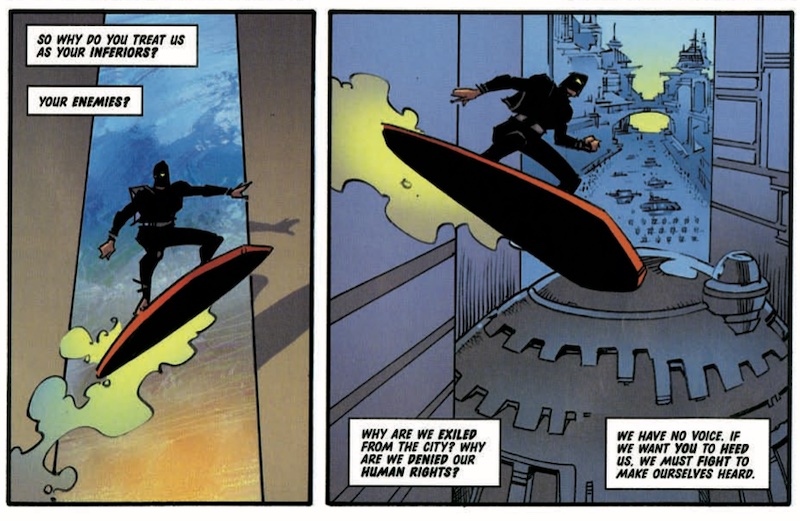
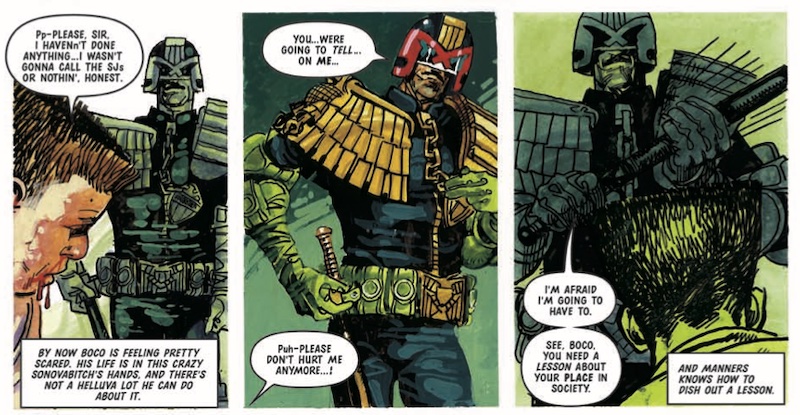
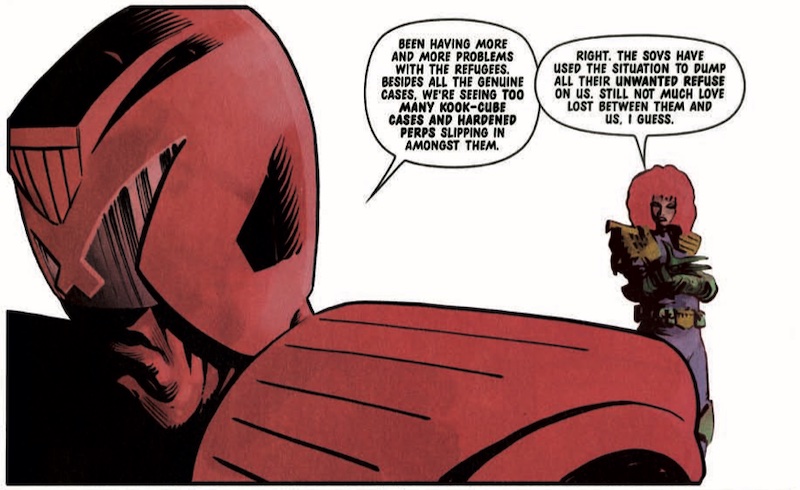
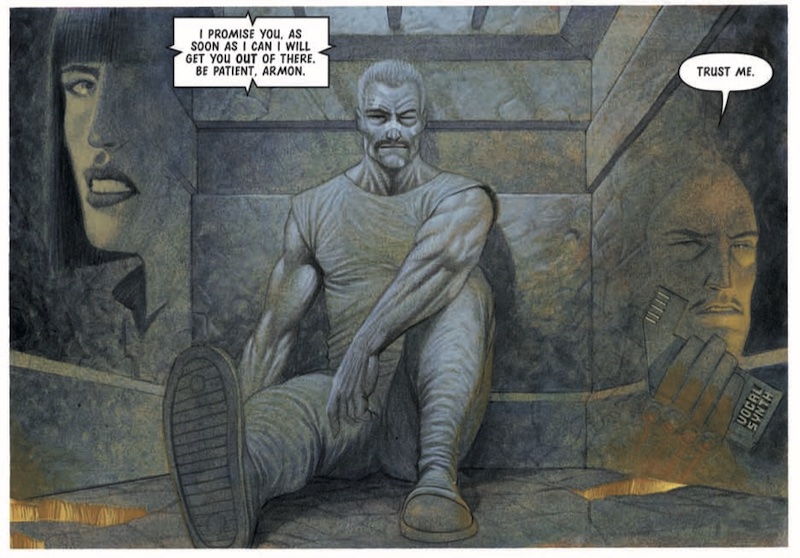
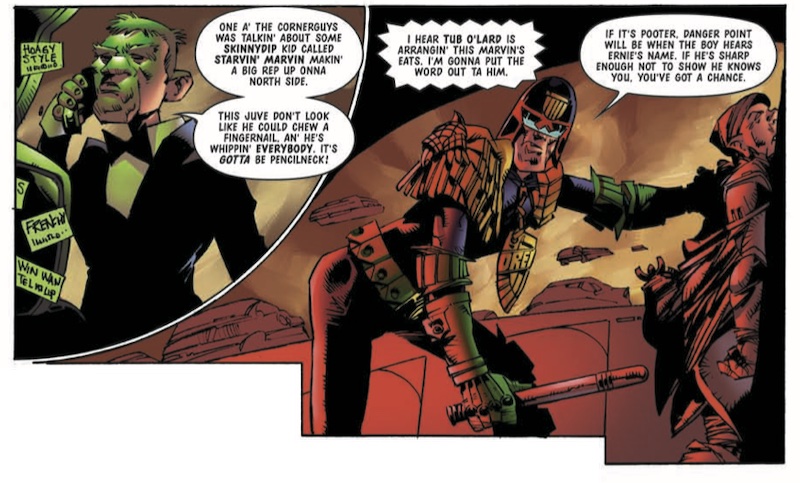
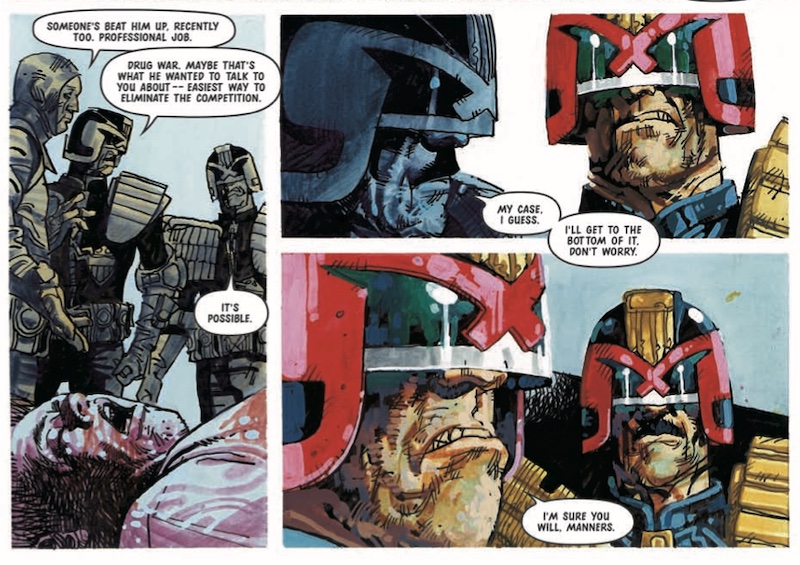
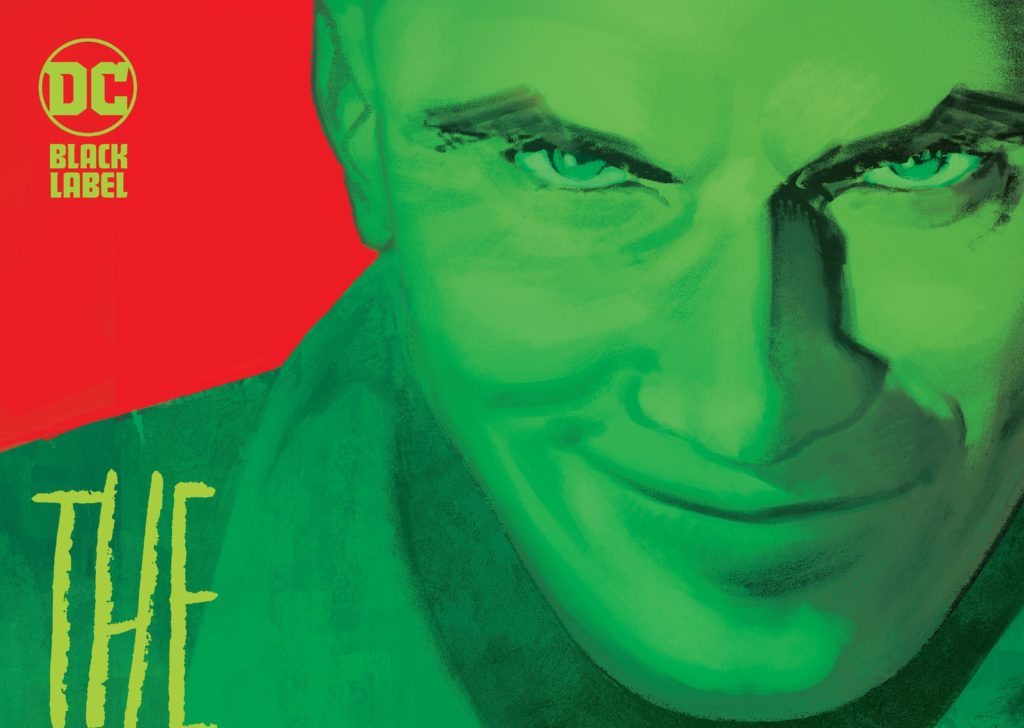
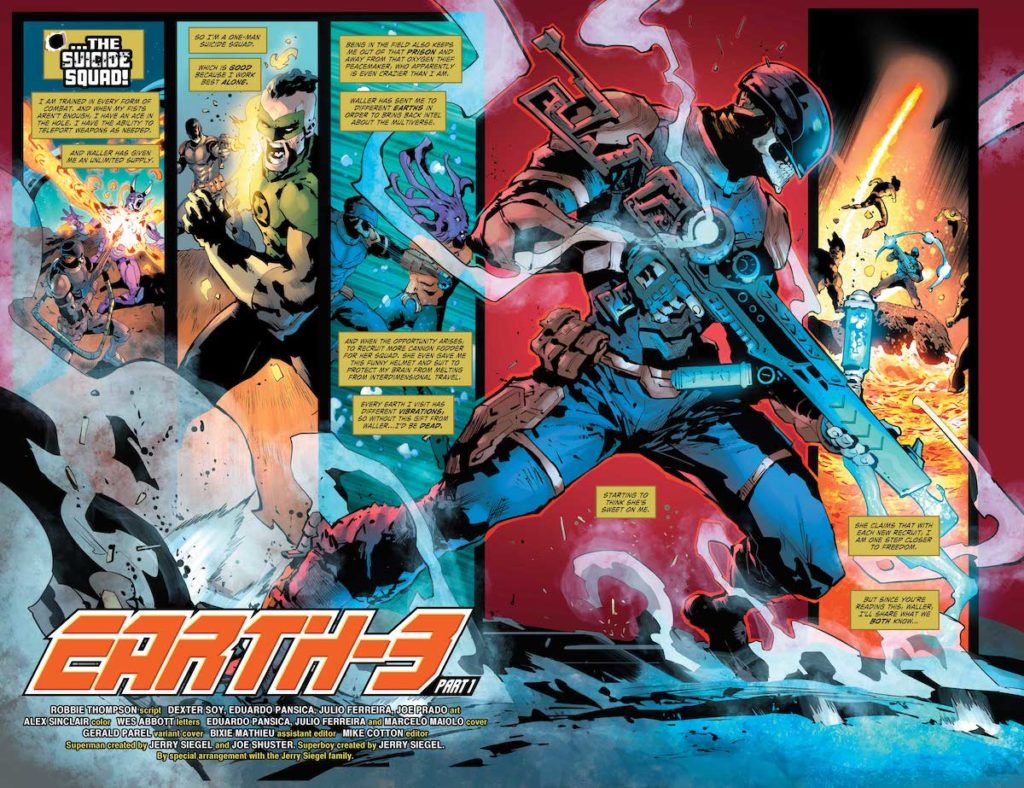
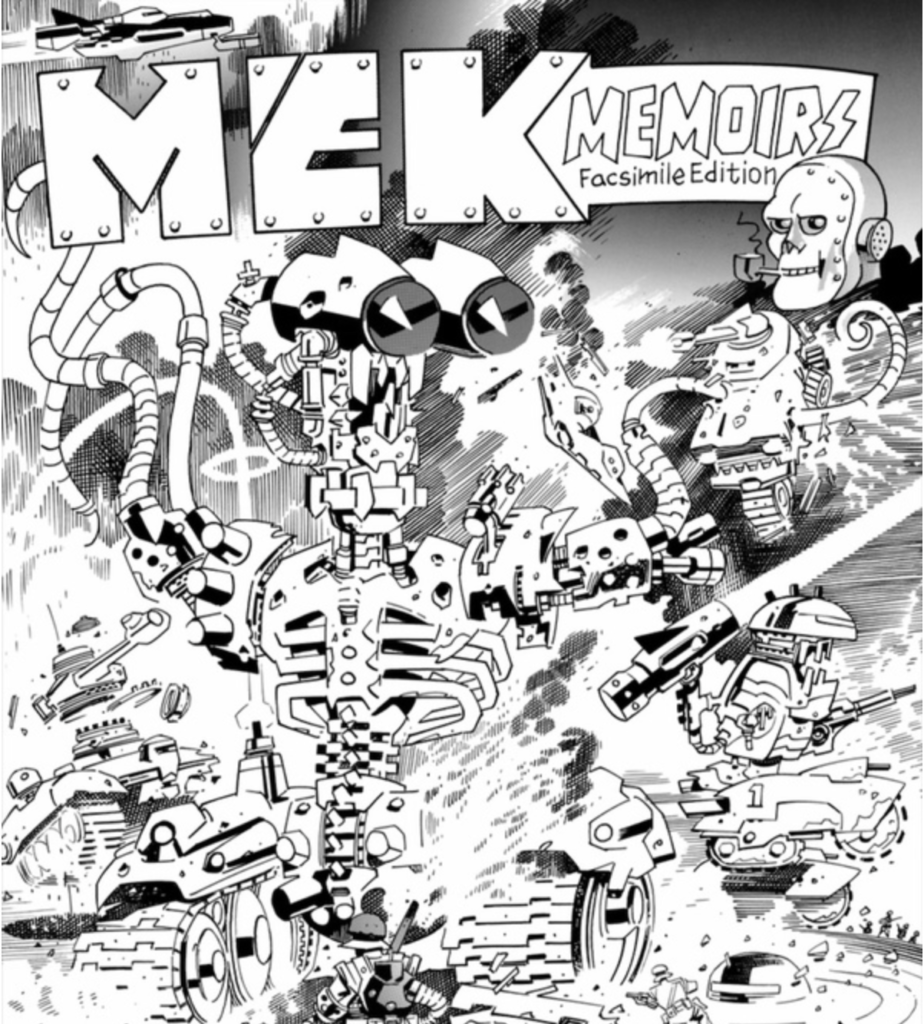
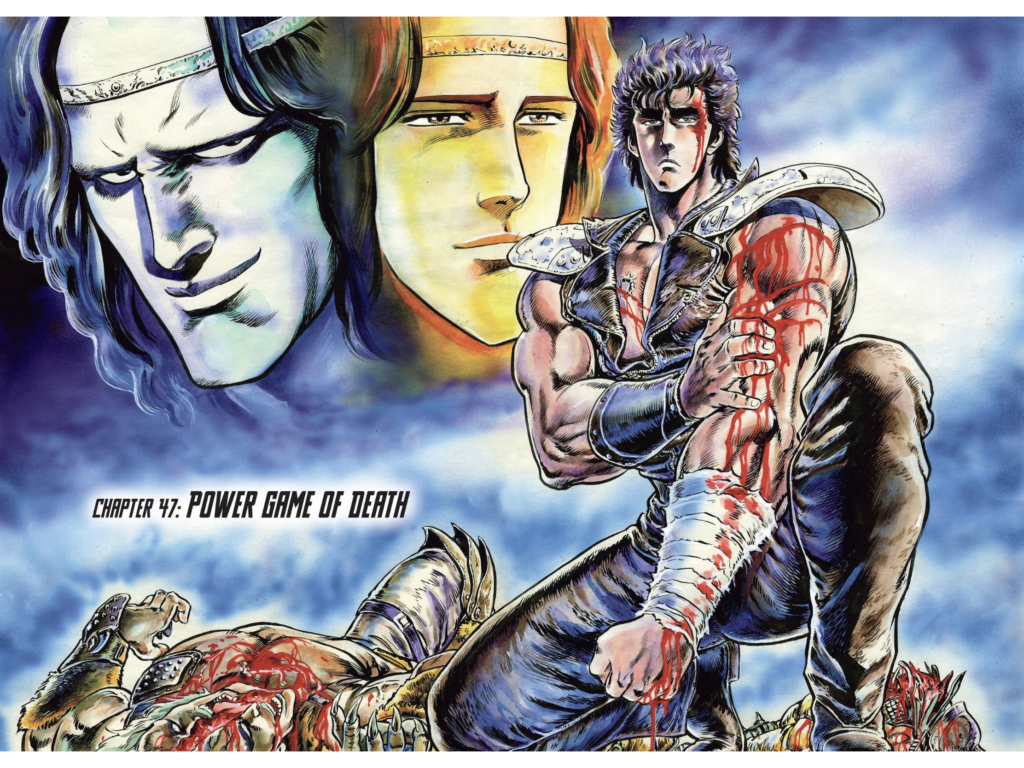
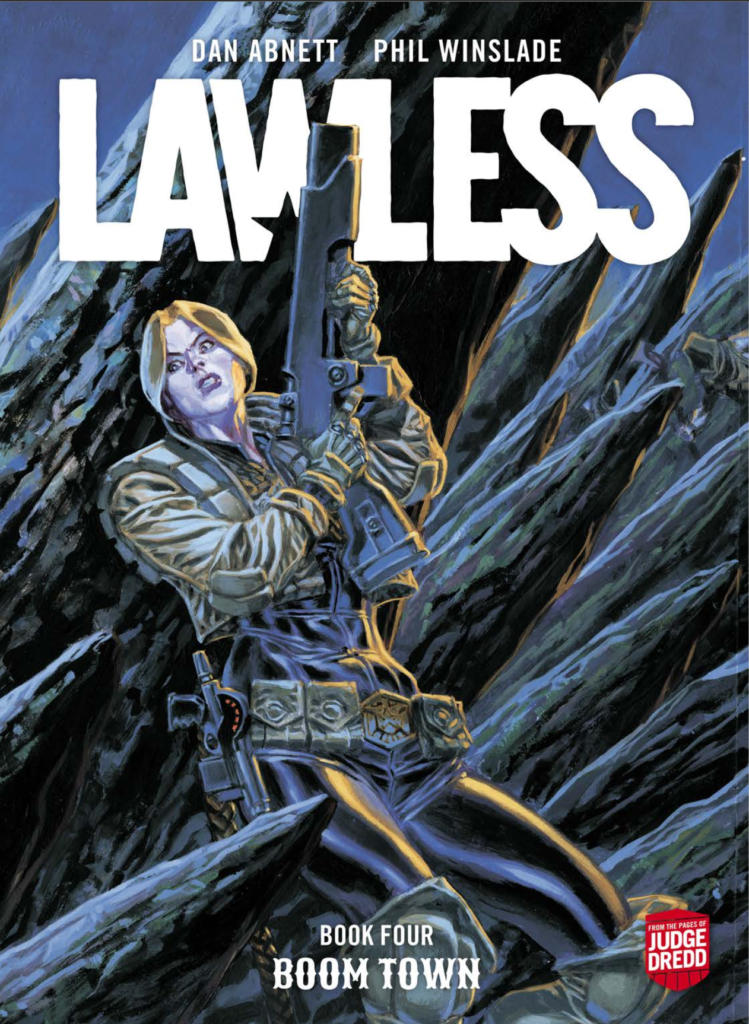
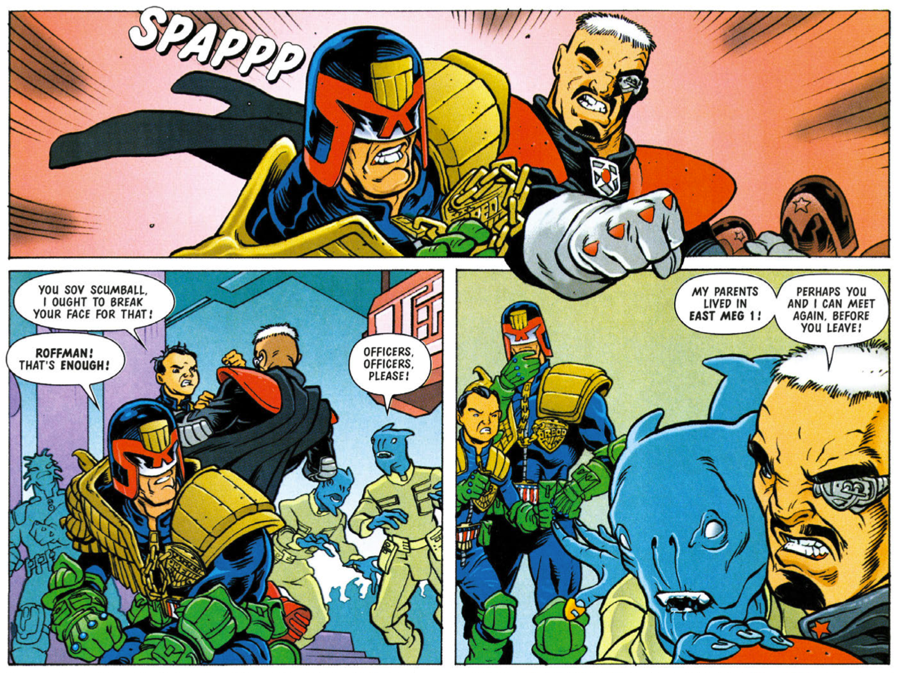
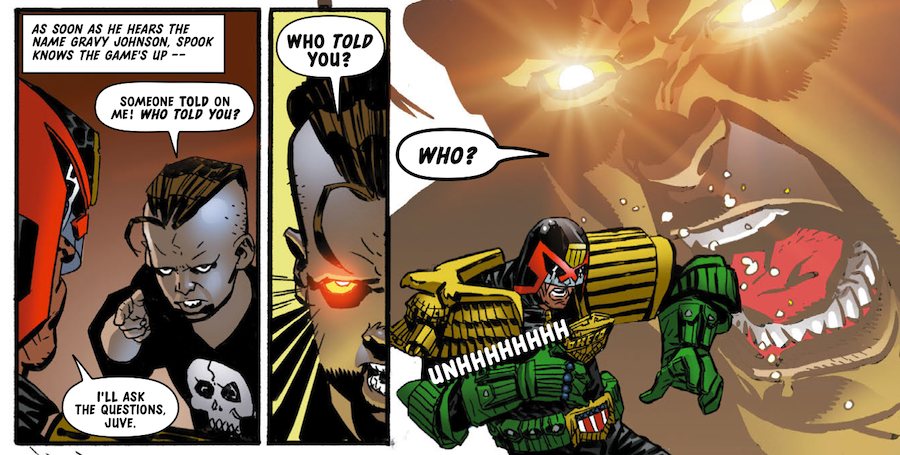

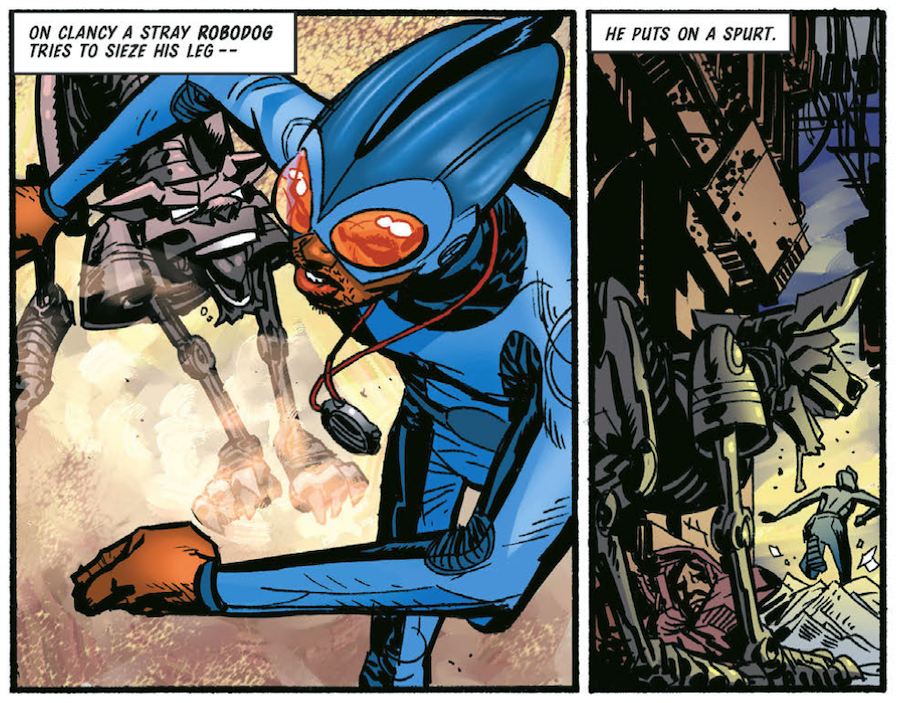
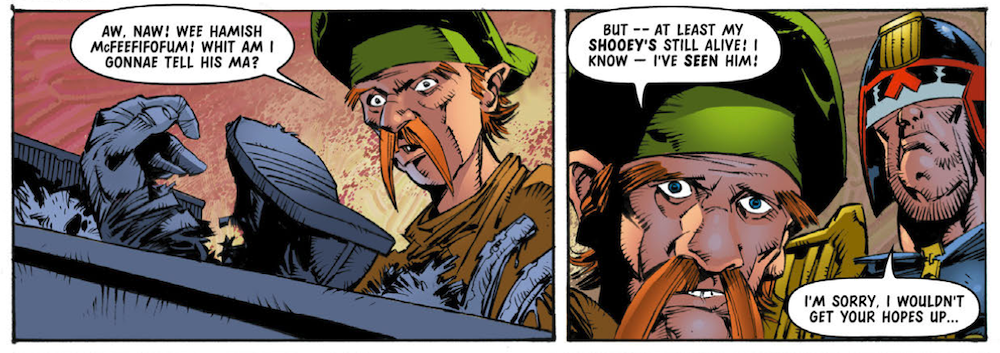
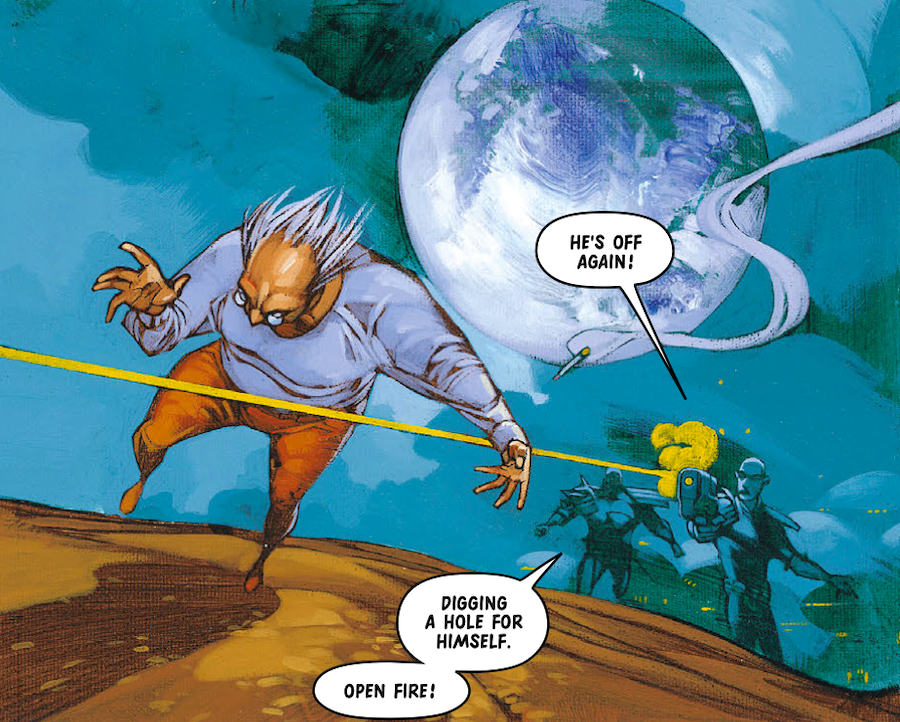
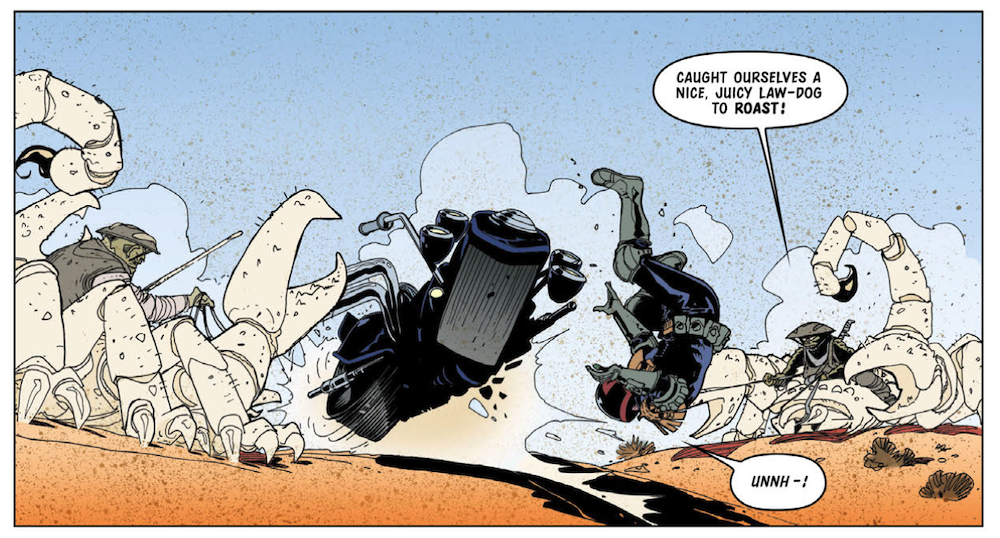

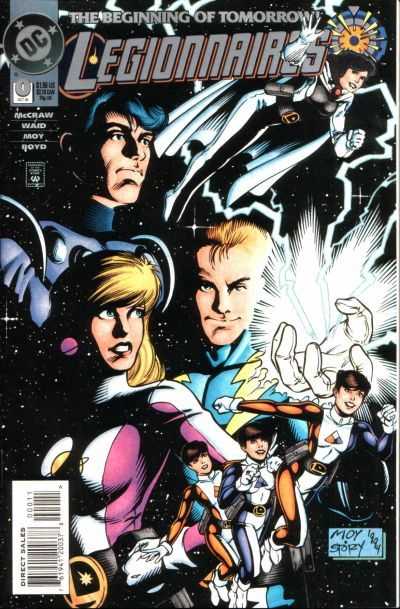
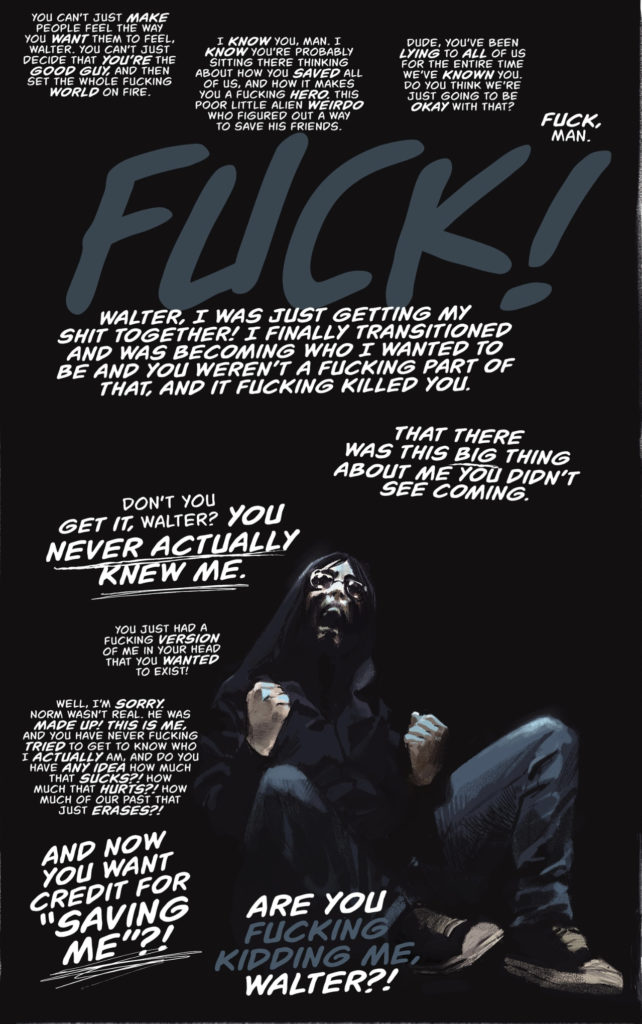
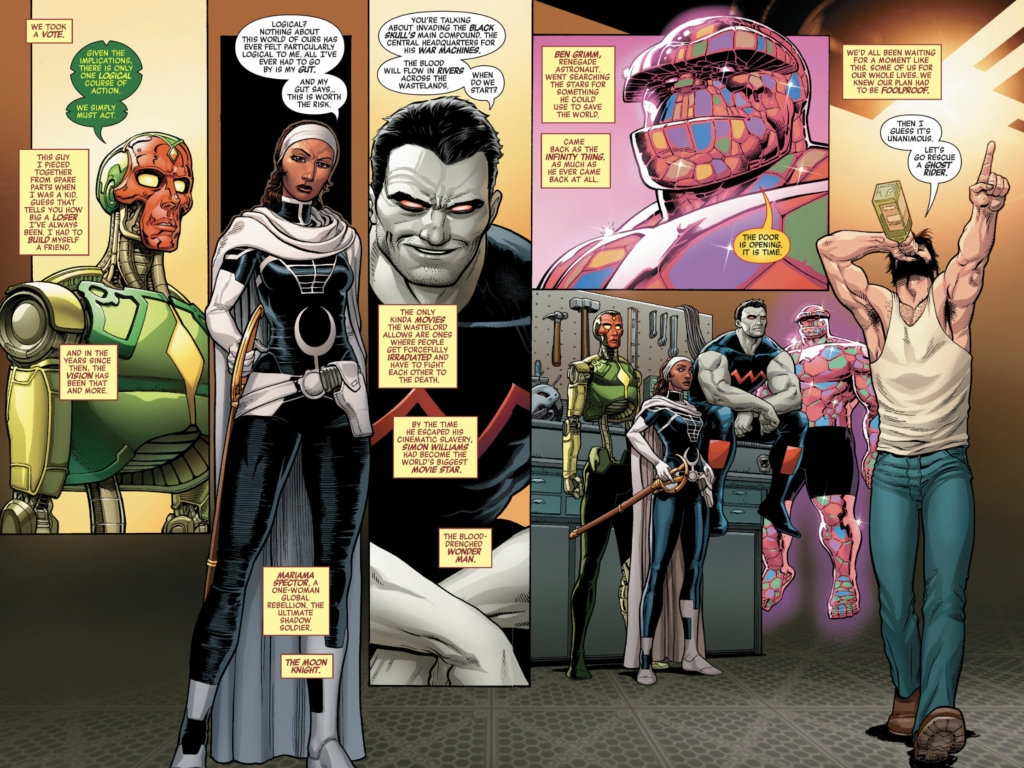
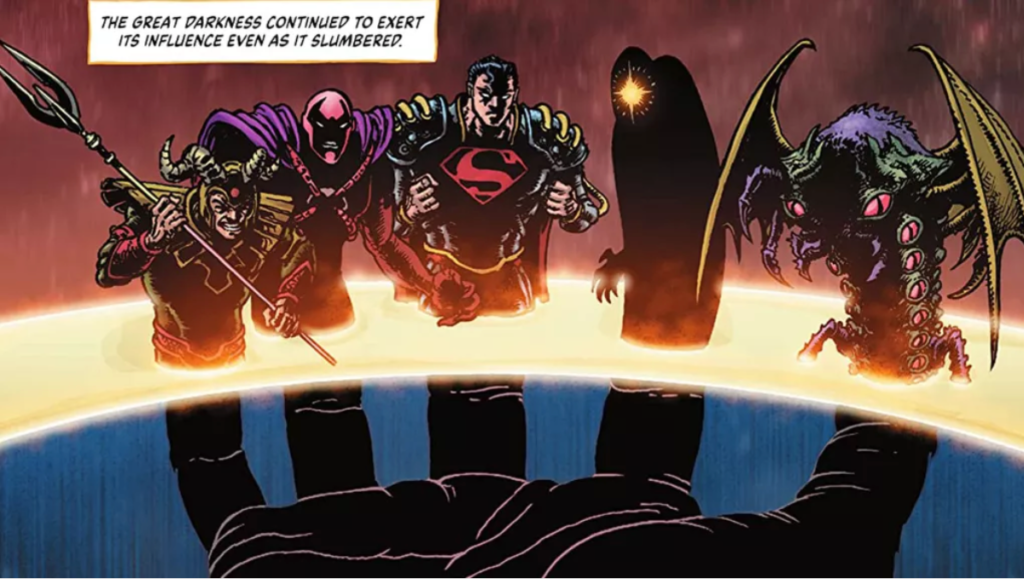
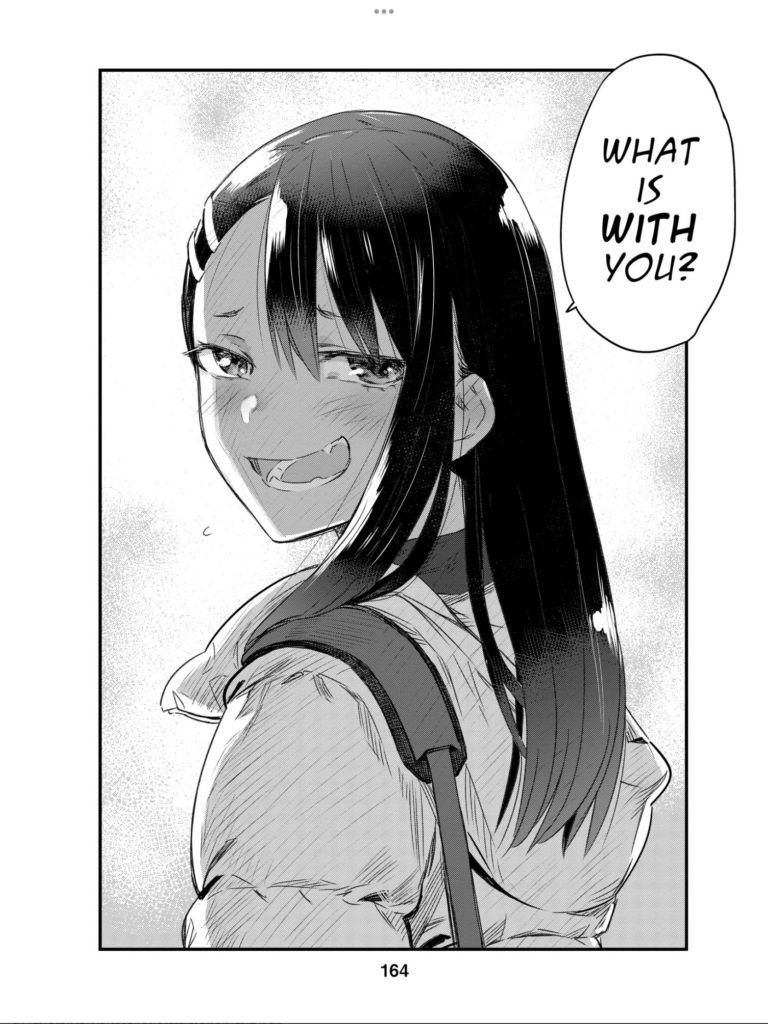


Recent Comments